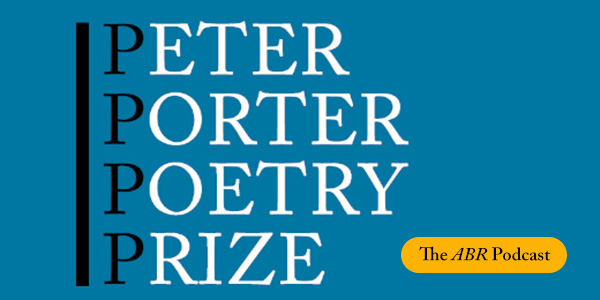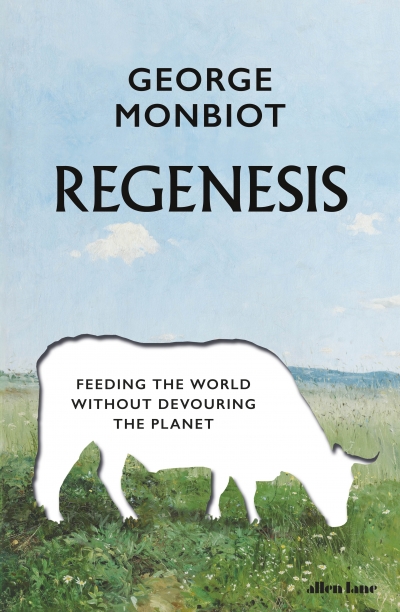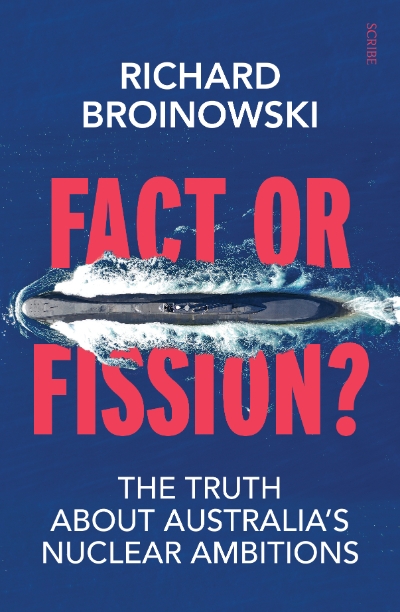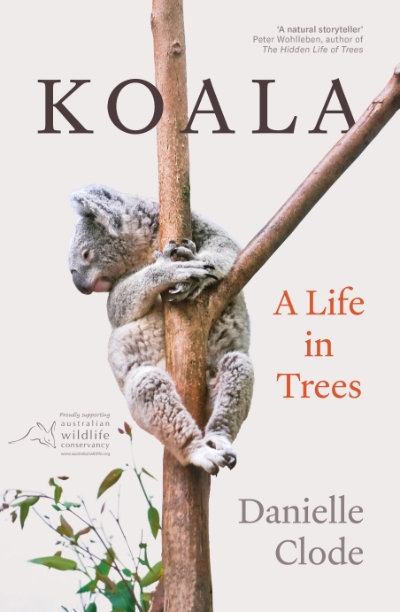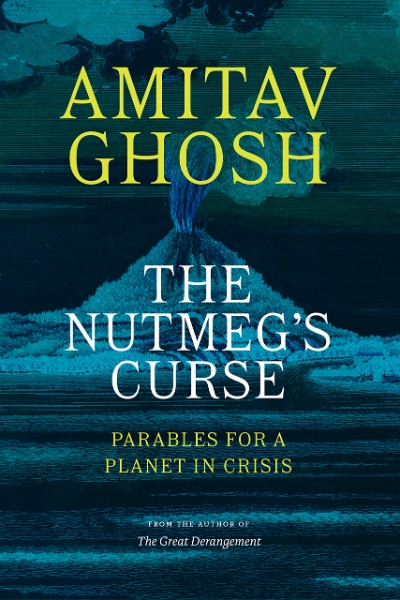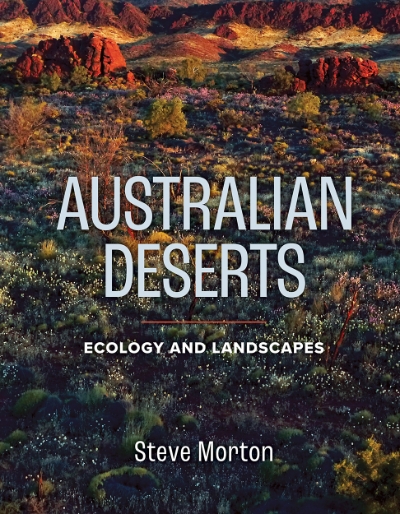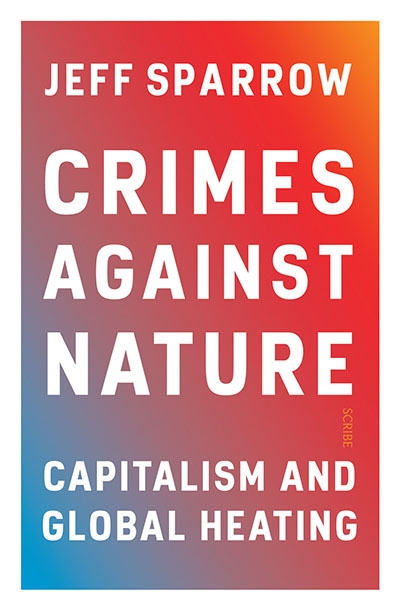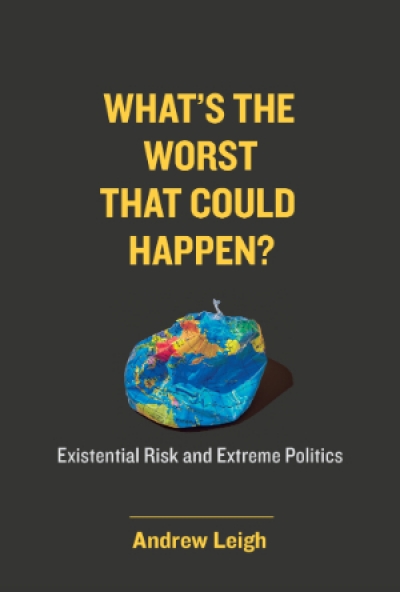Accessibility Tools
- Content scaling 100%
- Font size 100%
- Line height 100%
- Letter spacing 100%
Environment and Climate
The ABR Podcast
Released every Thursday, the ABR podcast features our finest reviews, poetry, fiction, interviews, and commentary.
Subscribe via iTunes, Stitcher, Google, or Spotify, or search for ‘The ABR Podcast’ on your favourite podcast app.
2025 Peter Porter Poetry Prize Shortlist
Read by the poets
This week on The ABR Podcast we feature the 2025 Peter Porter Prize shortlisted poems, as read by the five poets, published in the January-February issue of ABR.
Recent episodes:
Climate Change and International History: Negotiating science, global change, and environmental justice by Ruth A. Morgan
In this week’s ABR podcast we hear from the runner-up of the 2023 Calibre Essay Prize, Bridget Vincent. Calibre judges Yves Rees, Peter Rose and Beejay Silcox praised Bridget Vincent’s ‘Child Adjacent’ for its wryness and compassion. They noted that it broadened our understanding of the family and interrogated the terrors and moral dilemmas of raising children in the climate crisis. Bridget Vincent is a Lecturer in English at the Australian National University. Listen to her reading ‘Child Adjacent’, published in the June issue of ABR.
... (read more)Fact or Fission: The truth about Australia’s nuclear ambitions by Richard Broinowski
I don’t know why some people seem to think voting is a great imposition. I love lining up and watching the person behind the table pick up the ruler and find my name. There’s a little warm glow of being one tiny thread in the great muddled ball of string that is the democratic process. Always, in the queue there’s a particular feeling: pleased, proud, everyone hugging to ourselves the little secret of how we’re going to vote. When my kids were at primary school, I loved helping to person the stall churning out the Democracy Sausages.
... (read more)
